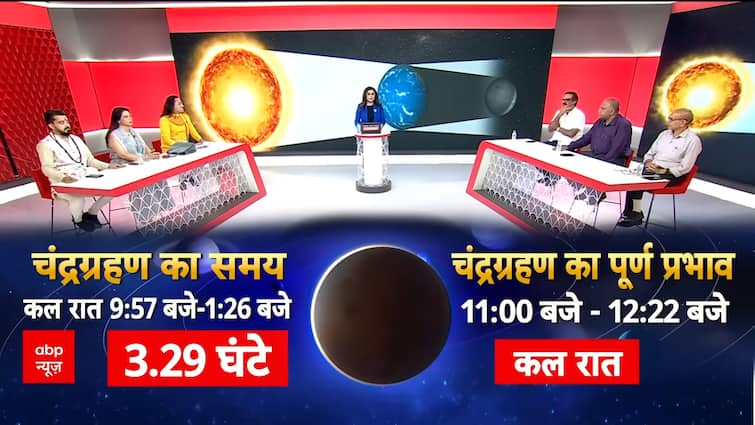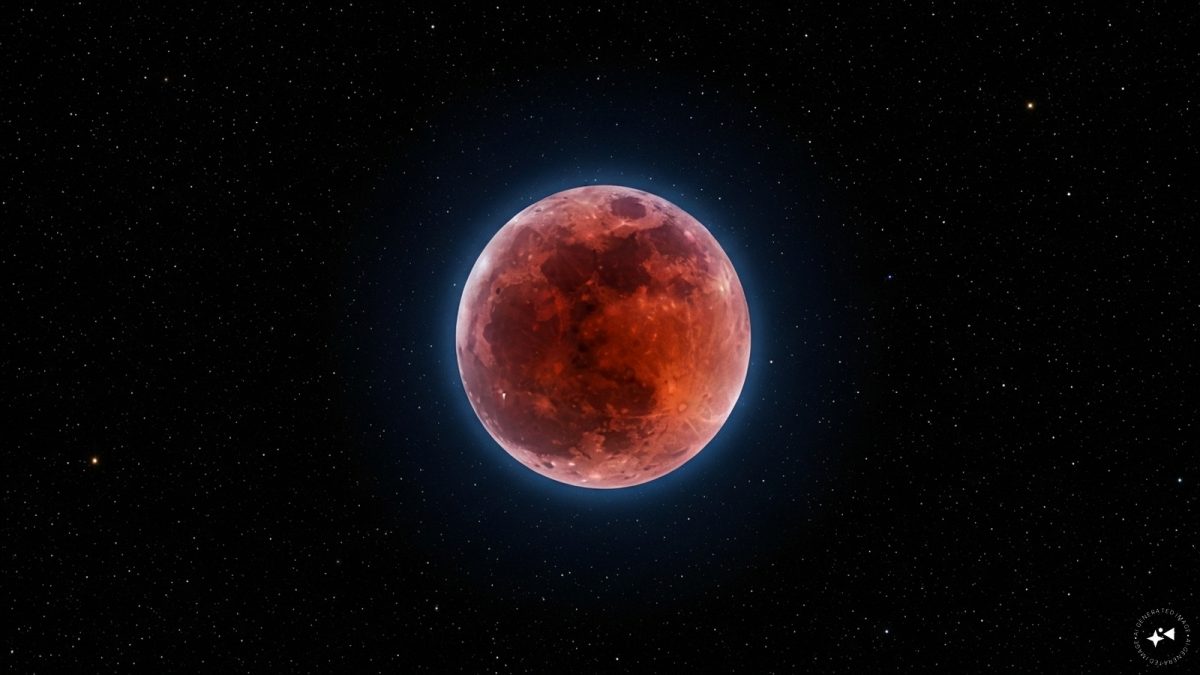As India prepares for a rare total lunar eclipse during Pitru Paksha, a heated debate has emerged between astrologers and scientists over its potential impact. While astrologer Pandit Prakash Ji warned of earthquakes and water-related disasters due to rare celestial alignments—like the conjunction of Rahu and the Moon in Purva Bhadrapada Nakshatra—others dismissed these fears as baseless. Critics argue that astrology lacks scientific validation. A science advocate on the panel cited Article 51A(h) of the Indian Constitution, promoting a scientific temper, and questioned astrology’s predictive accuracy, especially in natural disasters. Pandit Ji countered, referencing ancient texts and stating that changes in gravitational forces during eclipses can trigger tectonic shifts. However, scientists clarified that the reddish hue of the Moon—the “Blood Moon”—occurs due to light scattering, not mystical energy. They emphasized that no scientific evidence links lunar eclipses to earthquakes or environmental harm. In conclusion, while astrology views the eclipse as ominous, modern science regards it as a natural astronomical phenomenon with no dangerous effects on Earth. The clash underscores the ongoing tension between faith and reason in Indian society.



)